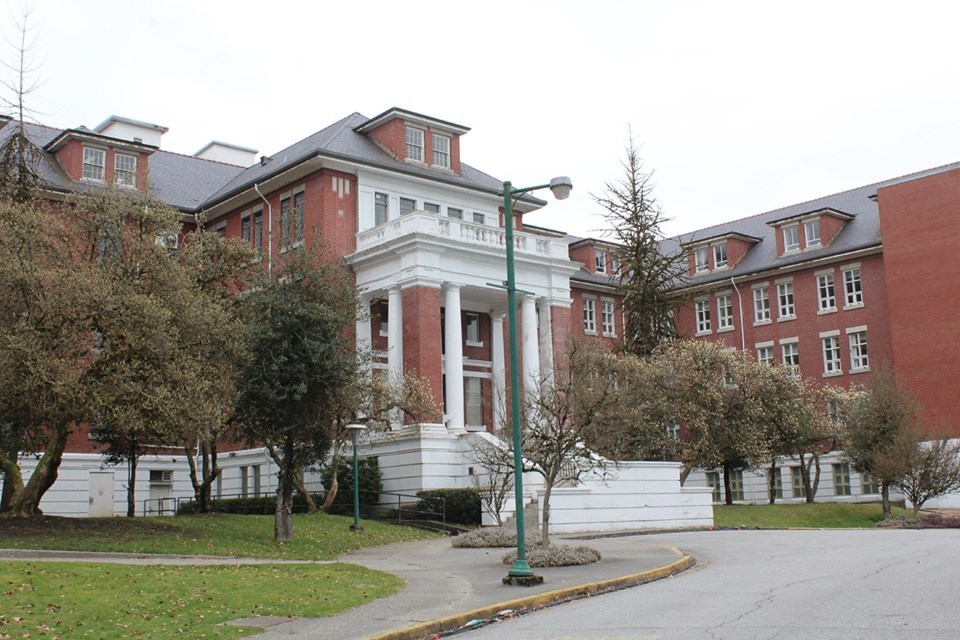B.C. residents and researchers will be able to borrow historical medical equipment used at səmiq̓wəʔelə/Riverview as part of a future program to make artifacts from the century-old hospital site available to the general public.
And Coquitlam also has plans to exhibit roughly 2,500 pieces — gathered in 2012 from the Provincial Health Services Authority (PHSA) and the Riverview Hospital Historical Society (RHHS) — in a museum, if OK’d by council.
The news comes as the city launches into the second of three phases to shed light on the collection that's described as one of the best in North America, consisting of rare items that document mental health history in the province.
The first phase, titled Basic Collection Management, involved an inventory, an artifacts clean and a storage review; a conservator is now conducting quarterly inspections and submitting reports to the municipality on the items' conditions, cultural services manager Karen Basi told council-in-committee on June 13.
The artifacts are now located in two rental facilities, as well as the basement of the Poirier Community Centre that’s managed by the city's parks department.
The 18-month project also saw two PDF documents created, so residents and researchers can have virtual access to details about the unique collection: Collecting Riverview is a booklet featuring select archival photos, while Riverview Hospital Artifacts Collection is a catalogue of every hospital item in the city’s care.
Both can be viewed online via the artifacts page on the City of Coquitlam's website.
For Phase 2, which is estimated to cost $134,000, city staff will use a $50,000 grant from Heritage BC to:
- develop collections policy and procedures
- establish an online searchable database
- retain resource support
- launch an online database
The work is expected to take two years before the third and final phase starts.
Lanny Englund, Coquitlam’s general manager of parks, recreation, culture and facilities, told the committee the artifacts are a "priceless capsule" that tell the story of Riverview Hospital (formerly Essondale) patients and medical staff.
Coun. Craig Hodge credited Anna Tremere, a retired psychiatric nurse at Riverview and former RHHS president, for leaving a tangible legacy for the city.
"It's always been said that once you have some money you can build a museum in a year or two, but it can take decades to build a collection," he said, "so we're really fortunate to have that collection and to be storing it.
"I hope some day we can have a place where it can be displayed, but I think the idea of loaning pieces will help to tell the history of the grounds."
Coun. Trish Mandewo also praised Basi for the two compilations.
"I quite enjoyed going through the book and seeing not only the photos but also the history that they managed to weave in there," she said, while pressing to exhibit the artifacts in a permanent facility — perhaps with the kʷikʷəƛ̓əm (Kwikwetlem) First Nation, which has a land claim on the site.
"It behooves us to have a place with the right temperature and the right conditions."
Mayor Richard Stewart talked about how the now-defunct Fraser Mills sawmill and Riverview Hospital were once the biggest employers in Coquitlam.
And he urged past hospital staff to share stories and donate artifacts for preservation.
At its peak, Riverview had 2,000 employees and 4,500 patients, as well as its own school and fire department.
The 244-acre site is now run by BC Housing.



